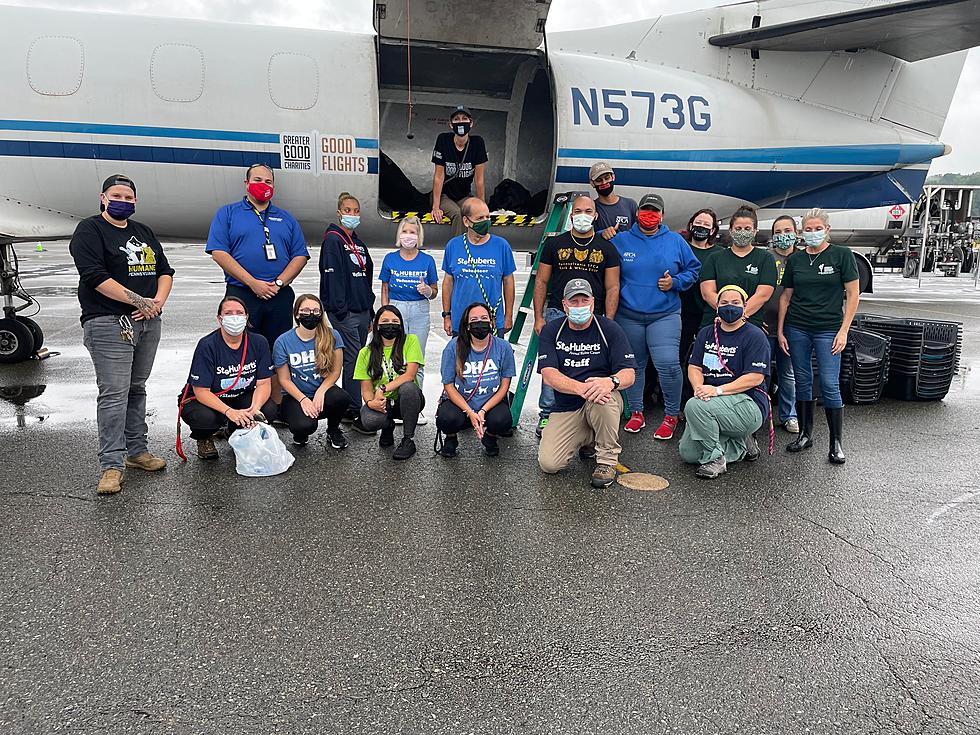
NJ animal shelters crowded this summer: why and what can be done?
Summer always seems like the busiest time of year for animal shelters in New Jersey, but with the pace of adoptions slowing from what it had been earlier in the COVID-19 pandemic, these facilities are crowding up fast.
Tiffany Barrow, executive director of Madison-based St. Hubert's Animal Welfare Center, said the plea is perpetually going out for residents to choose to adopt pets, or foster at the least.
But the shelter influx is not necessarily confined to the summer months these days, she said. It starts now in the spring, and continues into mid-fall or later.

"We always refer to it as 'kitten season,'" Barrow said. "That seems to be getting longer and longer. We seem to see kittens all year round, just not to the same volume as we do in the spring and summer."
A turn of events for the economy would help more owners be able to retain their pets rather than surrender them, especially as Barrow said the price of pet food has not been immune to inflation.
Rising medical costs for these pets also serve to magnify the post-COVID veterinarian shortage seen in New Jersey and around the United States.
"They got so backed up on just general care and that kind of thing, they were dealing with emergencies, and so now general care is just trying to catch back up while there's a vet and vet tech shortage in the country," Barrow said.
Staff shortages have hit Garden State animal shelters as well.
While Barrow is not seeing evidence of shelters here or anywhere else outright closing, which would mean even more animals would need landing spots, she said reinforcements to the workforce are needed.
"Definitely across the board, across the country, shelters are reporting that they're down in staffing, but we haven't gotten any direct information of any of the shelters in our area closing," she said. "We have definitely seen a shortage in workers, and so the load is heavier on the employees that we do still have."
Similar to a teacher-student ratio in schools, Barrow said St. Hubert's likes to have seven or eight workers on one shift at a time to properly care for its animals.
But more often these days, she said managers and directors have had to "drop down" and work the floor.
That is taking the higher-level workers away from figuring out ways to encourage more adoptions, find more staff, and ultimately reach the largest audience possible.
Patrick Lavery is a reporter and anchor for New Jersey 101.5. You can reach him at patrick.lavery@townsquaremedia.com
Click here to contact an editor about feedback or a correction for this story.
LOOK: Baby names that are illegal around the world
Beautiful sunflower fields to visit in NJ 2022
More From 94.3 The Point










